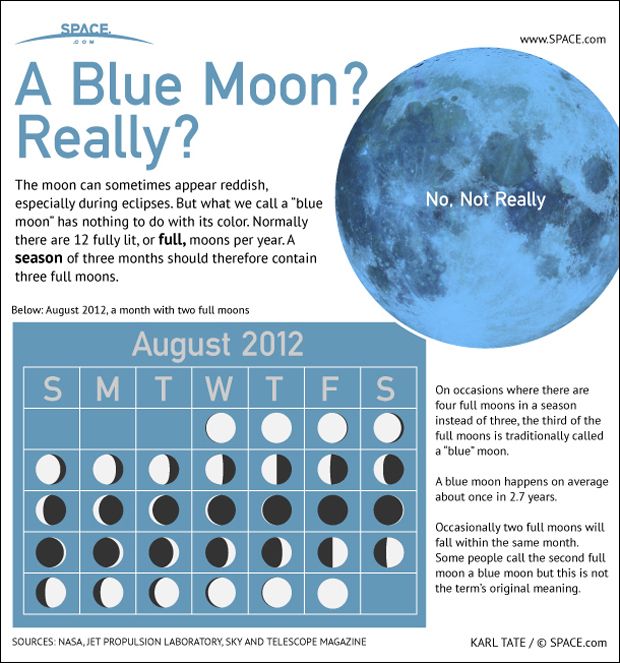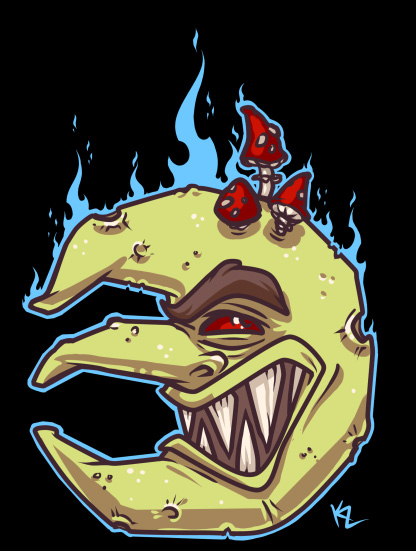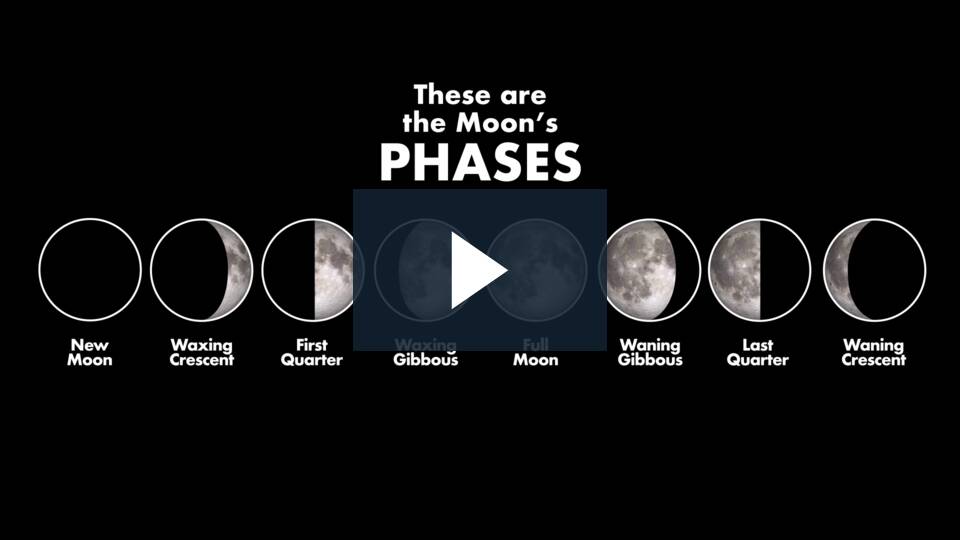about the #BlueMoon this #Halloween (2020 ... & 1906, 1925, 1944, 1955, 1974, 2001, & about 203 others we had or -expect) | @SPACEdotcom @Almanac @ABC10 #RoyalMuseumsGreenwich @RMGreenwich ... correcting #NeilDeGrasseTyson @neiltyson
'That word' (below-hyperlinked to a myLot-discussion of the Halloween-'Blue Moon') is built on an even-deeper source ... something crucial that firms the foundation upon which our lexicon stands ...
A Blue Moon is thought to be 'the Second occurrence of a Full Moon within the same month (but was-originally/is-actually 'the third of four Full Moons within the same Season')'---called 'Blue' from the Old English for Betrayer.
The word “Halloween” is built on ancient words that mean Hallows' Even (from poetry of Burns, of Main, of the English-Scot songbook "The Chearful Companion" ... tho the day was originally Old Year's Night (a Pagan 'New Year's Eve'), the Christians gave it "a Cursory Baptism.")
Hallow-E'en, or Holy Eve, is the evening previous to the celebration of All Saints. That it is propitious to the rites of divination, is an opinion still common in many parts of Scotland. [John Main, footnote to his poem "Hallow-E'en," Glasgow, 1783]
Maybe we should call it a 'Goblin Moon,' you think?
Astronomer (Ours, Personally ... he says) Neil deGrasse Tyson tells his friend Stephen Colbert (at the video linked from the discussion linked thru 'Halloween' & 'Blue Moon' above) that there were actually 'names for all the moons' back in the early years ... but then Stephen changes the subject ...
If he had been allowed to stay on the first subject, he might've--after briefly listing 'the phases of the moon' (video below)--he would've listed- and explained-the months' featured Full Moon Names
- January's Wolf Moon (named after the animals howling about the scarcity of food in midwinter), a.k.a. the Old Moon, Ice Moon
- February's Snow Moon (in snowy North America) or Storm Moon, Hunger Moon
- March's Worm Moon (named for the worm-trails that appear in the newly thawed ground) or Chaste Moon, Death Moon, Crust Moon, Sap Moon (because it's time to tap the maple trees)
- April's Pink Moon (after a species of early blooming wildflower), known elsewhere as Sprouting Grass Moon, Egg Moon, Fish Moon
- May's Flower Moon, or Hare Moon, Corn-Planting Moon, Milk Moon
- June's Strawberry Moon (which Prof. Tyson tests us by calling it "the Honey Moon," not really mentioning that it's named after North America's harvesting of strawberries), called the Rose Moon in Europe, and the Hot Moon (for the beginning of Summer heat) elsewhere
- July's Buck Moon (as male deer begin to regrow their shed-antlers this month) or Thunder Moon (after the usual Summer storms) or Hay Moon (July hay-harvest)
- August's Sturgeon Moon (as the fish-species appears in large numbers this month) or Green Corn Moon, Grain Moon, or (and this may be the "Honey Moon" Prof. Tyson was talking about) Red Moon
- particularly bright, September's Full Corn Moon (when crops are gathered ... also earning it the name Harvest Moon & Barley Moon)
- October's Hunter's Moon (for the preferred month to hunt Summer-fattened game ... especially because the moon is still bright) a.k.a. Travel Moon, Dying Grass Moon
- November's Beaver Moon (possibly for Native Americans' beaver-trapping season, possibly for beavers' dam-building season), a.k.a. Frost Moon
- December's Cold Moon, a.k.a. Long Night Moon, Oak Moon
... and about the 'Second-of-the-Month vs. Third-of-the-Season' confusion, Microsoft Bing says,
Did you think a blue moon was when we have two full moons in a single calendar month? These days, most people do. But that definition was introduced by mistake in a 1946 article in Sky and Telescope magazine. This new, 'erroneous' definition was further popularized by a question in a Trivial Pursuit game. Complicated! But it doesn’t really matter: Both kinds of blue moons are rare events, so they're the source of the saying 'once in a blue moon' to refer to something that happens rarely.



Comments
Post a Comment
I appreciate your comment, and I'll probably approve it & publish it soon (give me about a week before you try to post it again when it doesn't publish immediately ... thanks)